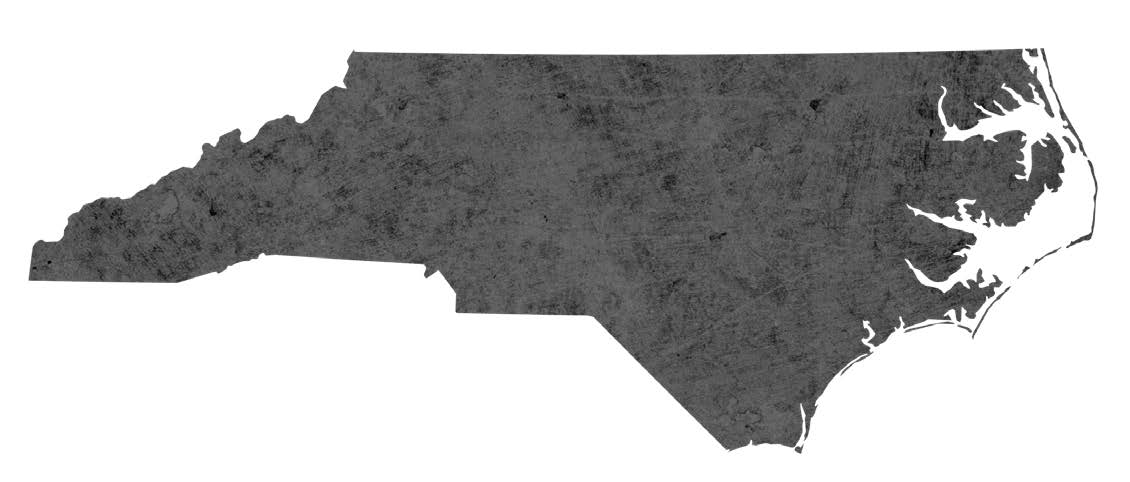Planner Partner Forum and Chapter Meeting
February 6, 2025 - February 7, 2025
Chapel Hill, NC
Register now
February 6, 2025 - February 7, 2025
Chapel Hill, NC
Register now

North Carolina's Tarnished Reputation

As you may recall, in 2016 the North Carolina legislature called a special session and in just twelve hours signed a law known as House Bill 2 (HB 2), also known as the Bathroom Bill (Public Facilities Privacy & Security Act). There was immediate backlash in response to HB 2 that would end up costing the state billions of dollars in lost revenue. In March of 2017 HB 2 was repealed, in its place the legislature passed House Bill 142 (HB 142) which eliminates the bathroom ban but still prohibits municipalities from enacting anti-discrimination measures for three years. HB 142 does not restore the status quo because it bars localities from protecting lesbian, gay, bisexual and transgender (LGBT) people and specifically prohibits protections for bathroom access.
HB 142 is still seen as discriminatory which is why North Carolina remains on California’s travel ban list. The California travel ban states that government funded travel is prohibited to states with laws that discriminate against the LGBT community. Many associations as well as companies follow the guidelines that California has set in determining whether to travel to certain states. And, organizations can be quick to issue a travel ban because it is the politically correct thing to do.
Destinations International along with the Professional Convention Management Association (PCMA) hired APCO Insight, an independent research firm, to do a study to determine whether travel bans work to effect political change and what the long-term damage is to a destination’s brand. Travel boycotts have become more popular in the last few years, thus, the aptly named report, “The Weaponization of Travel,” looks at the perceptions people have of the destinations being boycotted as well as the financial impact. The study covered individual travelers not just large organizations. It shows that even if a law is repealed the reputation of a state is damaged for many years after. North Carolina is one of the five states referenced in the report; states referenced currently have or have had discriminatory laws that landed them on a travel ban list. Travel boycotts to these states was a tactic to combat the controversial laws. Associations and professional societies have also been involved and have weighed in on the issues, many following the California travel ban as a guide. The report surveyed American travelers on their awareness of the travel boycotts to these states, most people were familiar with the boycotts and said they are less likely to travel to a state that is being boycotted whether they agree or not with the legislation in that state.
The effects of HB 2 will have long lasting repercussions on North Carolina as the state’s reputation has been deemed as discriminatory, even when the legislation is reversed, the damage has been done as people continue to have a negative opinion. While some organizations may be barred from bringing their conferences to North Carolina, the organizations that are based in North Carolina can show their support by keeping their conferences in state which in turn will continue to keep over 200,000 of hospitality workers employed.
HB 142 is still seen as discriminatory which is why North Carolina remains on California’s travel ban list. The California travel ban states that government funded travel is prohibited to states with laws that discriminate against the LGBT community. Many associations as well as companies follow the guidelines that California has set in determining whether to travel to certain states. And, organizations can be quick to issue a travel ban because it is the politically correct thing to do.
Destinations International along with the Professional Convention Management Association (PCMA) hired APCO Insight, an independent research firm, to do a study to determine whether travel bans work to effect political change and what the long-term damage is to a destination’s brand. Travel boycotts have become more popular in the last few years, thus, the aptly named report, “The Weaponization of Travel,” looks at the perceptions people have of the destinations being boycotted as well as the financial impact. The study covered individual travelers not just large organizations. It shows that even if a law is repealed the reputation of a state is damaged for many years after. North Carolina is one of the five states referenced in the report; states referenced currently have or have had discriminatory laws that landed them on a travel ban list. Travel boycotts to these states was a tactic to combat the controversial laws. Associations and professional societies have also been involved and have weighed in on the issues, many following the California travel ban as a guide. The report surveyed American travelers on their awareness of the travel boycotts to these states, most people were familiar with the boycotts and said they are less likely to travel to a state that is being boycotted whether they agree or not with the legislation in that state.
The effects of HB 2 will have long lasting repercussions on North Carolina as the state’s reputation has been deemed as discriminatory, even when the legislation is reversed, the damage has been done as people continue to have a negative opinion. While some organizations may be barred from bringing their conferences to North Carolina, the organizations that are based in North Carolina can show their support by keeping their conferences in state which in turn will continue to keep over 200,000 of hospitality workers employed.



Leave a commentOrder by
Newest on top Oldest on top